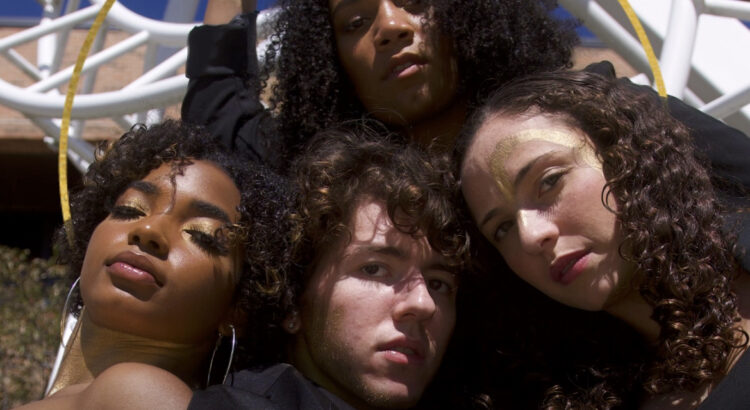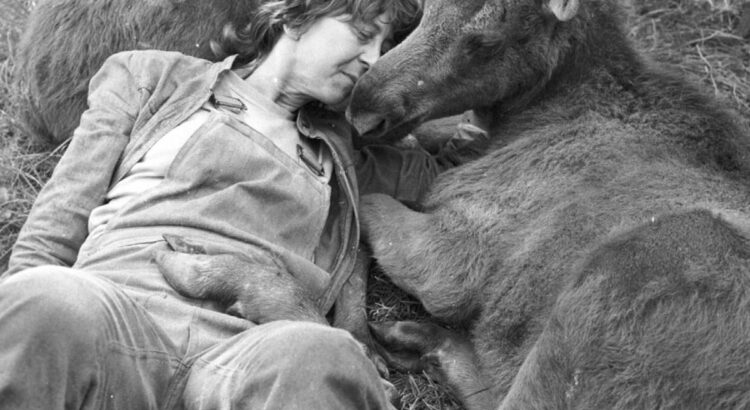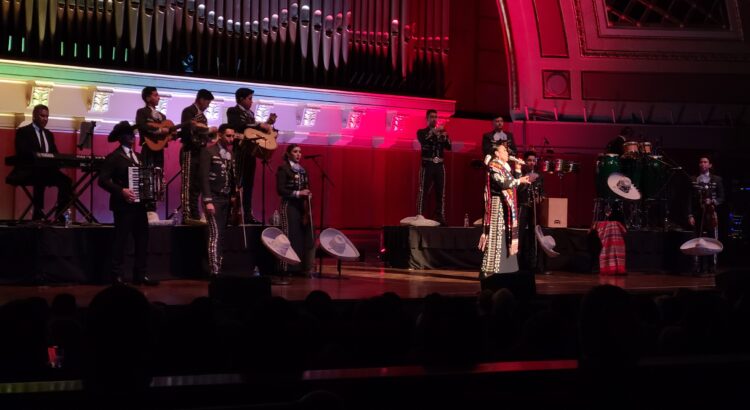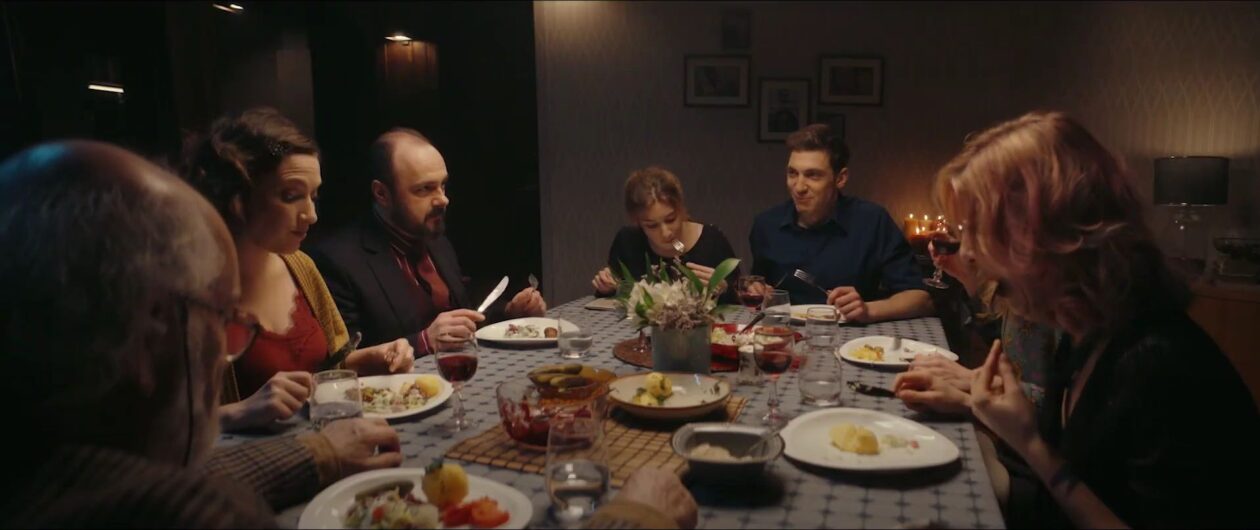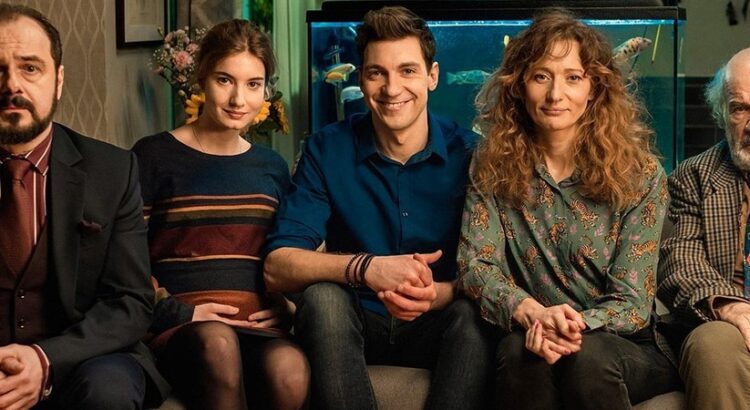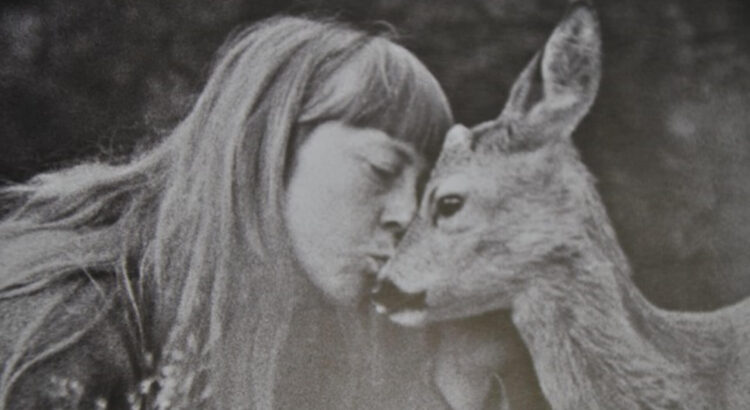What: a dance concert featuring the choreography of four seniors in the Bachelor of Fine Arts, presented by the University of Michigan Department of Dance.
When:
- Thursday, November 17, 8:00pm
- Friday, November 18, 8:00pm
- Saturday, November 19, 8:00pm
Where: Performance Studio Theatre at 1000 Baits Dr, Ann Arbor, MI, 48109, also available via livestream
Tickets: free at door 1 hour before the performance
This dance concert will honor the artistry of four seniors: Katey Besser, Isabella Payne, Jack Randel, and Brooke Taylor. The program consists of eight works choreographed by the students, including solos featuring each senior. More information, sourced from promotional material for the event, is provided below. The artists’ work draws from a colorful array of themes, each dance infused with the unique passions of their respective choreographers. I look forward to experiencing the synergy generated among these eight pieces, and hope you find time to attend one of the group’s three performances this week.
Program:
“Katey Besser’s A Place We’ve Seen Before, explores protection through a kaleidoscopic expression of togetherness and unity. A multi-media performance, this piece includes screen dance and live performance from varying points of view. Besser’s solo, Light Where She Wanted, embraces the multilayered experiences of past and present.
“In for what remains, Isabella Payne draws inspiration from the aesthetics and haunting regality of Gothic architecture with more commercialized styles of contemporary and Hip Hop dance. Payne’s solo, I Thought You Might Want To Know, contemplates the fragility and impermanence of life.
“Jack Randel’s solo, Loop, confronts how the comfort of dailiness can be a mask for psychological ups and downs. Randel’s Hypnosis, visualizes the journey of finding a way back to an authentic version of oneself in a dreamlike trance.
“Brooke Taylor’s Almost Till, breathes life and movement into a memory from her grandmother’s past of southern Mississippi in the 1930s. Taylor’s solo, Ode to Bea, honors Beatrice Cochran’s struggles and triumphs during the mid 1900s. Both works uncover the reality of racism, violence, survival, and resilience.”
(source: SMTD Department of Dance)

